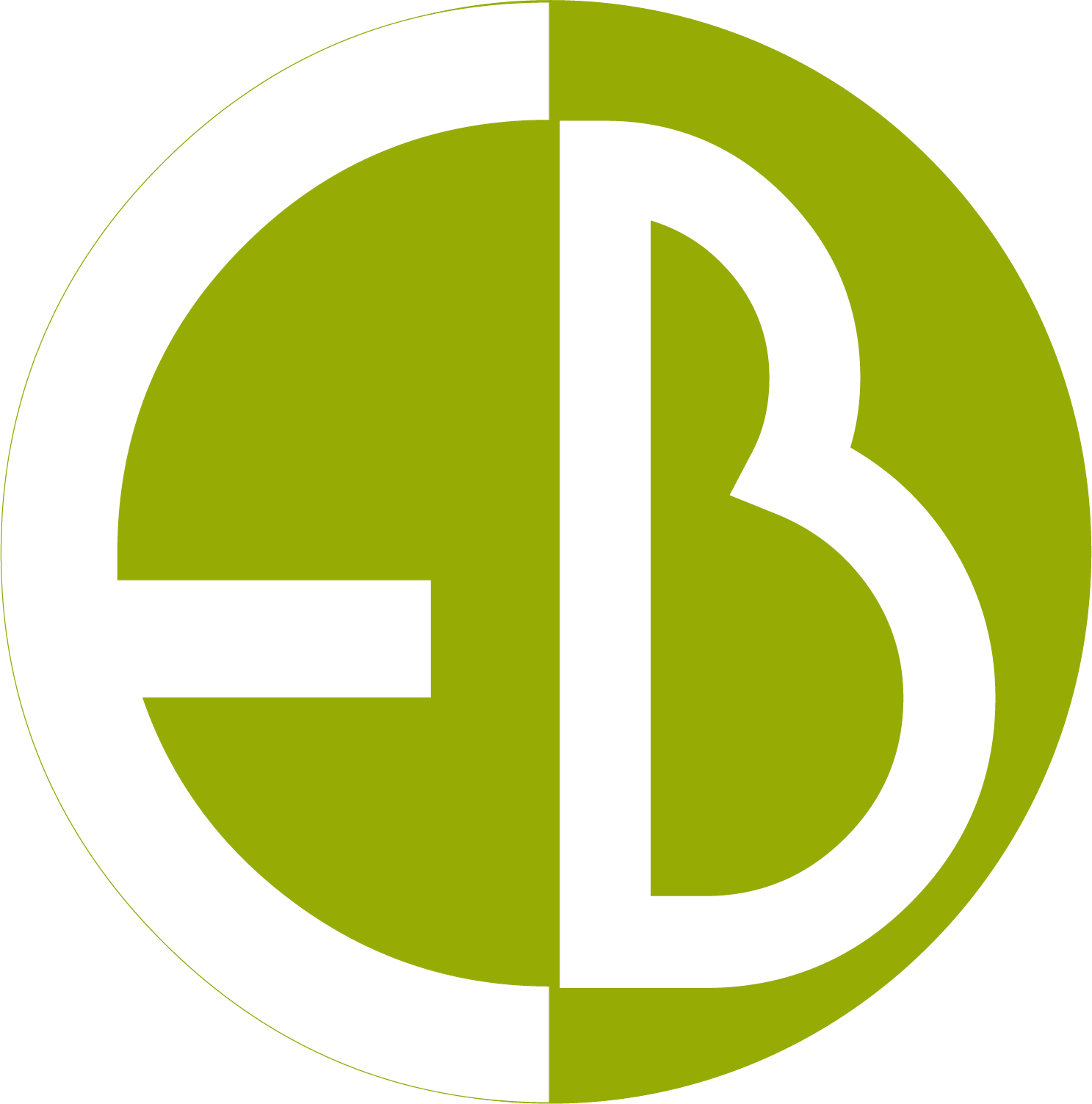
Public Sector …
… working to build balance in leadership with EB Centre
Leaders in the Public Sector are responsible for many critically important programmes that impact citizens across the UK. For more than five years, Public Sector organisations have been putting the EB Centre principles into practice within their Leadership Development Programmes.
The EB Centre has been contributing to Leadership Development Programmes to help internal leadership trainers to facilitate sessions to encourage a more open and conversational leadership culture. With many Public Sector organisations being highly structured and process-driven delivery cultures with set management hierarchies and expectations, EB concepts are simple to use and at the same time bring deep insight complex structures and
The EB Centre has held development workshops with more than 50 senior managers and led group sessions with more than 250 others. The Qualities of Practice in leadership tools and ideas have since benefited hundreds of their own trainees across the organisation. The sessions are based on the principle of engendering balance between the relational or people aspects of leadership and the business and organisational aspects and are proven to evoke powerful personal learnings.
Initial scepticism gave way to curiosity
A number of internal HR professionals participated in a trial session to learn about and experience the EB Centre concepts and methodologies. In advance of this, the first thing that they encountered were the Qualities of Practice cards, a deck of 52 cards which are used to help leaders map and unpack aspects of their personal leadership and understand how these change in different leadership situations. These are divided into two sets of qualities, displayed in purple and green, that span a range of leadership qualities from the more traditional, task-oriented, and business-driven to those which are more human, relational, and conversational.
Some of these practitioners admitted to initial scepticism at this apparent simplicity. Commenting: “I remember us discussing how we could even know if these were the right things to raise. And how we would explain this to our people, who tend to be very analytical and questioning.”
The fact that the cards were a physical boxed set was, however, engaging: “There was something about the tangible quality of the deck. I’m very visual, so I liked that. When we did our advance tasks, I felt a bit like I was dealing a tarot and wondered what my cards would tell me.”
At the session, they began to understand more.
“Working with EB Centre was fascinating – they had deep experience with these conversations, and the way they unfolded how to use the cards was beguiling. They met questions with real openness and interest – plus total confidence in their product.”
The whole trial group was drawn in. “We laughed about what a purple group we were – then realised that because we were interested in coaching, we were all likely to want to create time to think, listen, and reflect. That’s part of the coaching mindset!”
As they learned more about engendering balance in leadership with the aid of the cards, they realised something else with comments like: “I didn’t need to explain these ideas to anybody, because people would be experiencing it for themselves.”
Putting principles into practice
One programme started with the backing of the Director General of the People, Capability and Place group. It has since grown organically into groups including Policy, Change & Resilience, and Digital.
Within a Policy group, the EB Centre tools went on to train around 8 cohorts of 12 people, while others in the community of practice trained other cohorts and modules.
Of those directly trained, one leader commented:
“I have seen the impact it has made on people as we have encouraged them to think about how the concepts work within our organisation and explored the difference between task-focused and relationship-focused leadership. People often notice that some of their capabilities can be a bit eclipsed in such a delivery-focused organisation.”
Trainees have fed back positively: “People find it incredibly beneficial to use Qualities of Practice and balanced thinking, and this approach has been hugely well received in all the encounters across our community of practice.”
The increasing adoption across different groups demonstrates growing Director-level support, as they endorse people in their teams to develop, run and take time to attend sessions. With one senior leader commenting: “The fact that the programme is getting traction across both policy and delivery parts of our organisation shows people want and need to develop, and that these tools are proving effective.”
Although these responses were to using the physical card deck, the ideas they represent are equally powerful when delivered online. Due to the pandemic and distributed nature of many public sector organsiations, Many of these learning sessions were delivered virtually. This did not diminish the impact.
Engendering balance, enabling growth
Internal HR professionals delivering leadership development commented that trainees would embrace the new ideas not just because they are useful in practice, but because they bring a fresh sense of personal development. Stating: “This approach allows for creativity to emerge. A lot of creative potential doesn’t always get the space to operate. These exercises have opened a sense of creative exploration. People experience growth, because even in one hour you have used your brain in a different way. It is very enriching.”
“People also gain space to think about how and why they fit into the organisation. There is huge value in being able to take moments to elevate above the everyday doing of things and take a breath. It makes a colossal difference to their sense of capability. They feel that they are learning and growing.”
The positive impacts have been noted at every level, with one leader commenting:
“Everybody appreciates permission to prioritise self-development or to work on developing as a group. My job share partner and I run sessions every two or three months for senior Policy leaders. I brought in a Qualities of Practice component, although I wasn’t sure how much could be done for 30 people in just 40 minutes. I needn’t have worried. It reinforced very clearly that they appreciated time together to think about their collective leadership. They came out with a clear set of 7 or so qualities they were showing and knowing what they wanted to emphasise or change.”
Personally transformative concepts
The impact of the EB Centre concepts can be profound, with one senior leader (Kathrine) saying: “As you ask yourself which qualities you have been exhibiting, and those you are aware of, you ask yourself about what you would want to do – and why you haven’t. Whether they are being eclipsed by the culture of the organisation you work with, especially a dominant culture.”
In addition to working with the cards, she said that she had found inspiration in the EB TREE concept that is used to describe layers of reflective learning. This illustrates levels that lie below day-to-day surface observations about performance and behaviour, encouraging deeper reflections about personal patterns, habits, and experiences, and further in-depth reflections about culture, deep beliefs, and assumptions.
“How I worked with the cards was informed by considering the levels of engagement and understanding as illustrated by the tree. It has influenced how I feel about leadership, and given me new ways to express that,”
She continued
“It has offered scope to broaden and explore my sense of curiosity. Behind our everyday shorthand, everyone holds a default set of beliefs and self-descriptors. Now I am less likely to jump to a superficial conclusion when someone describes themself. I not only listen but also look at everything about their demeanour.”
“I have better insight into what people qualities to think about, from a broad range that I could never have come up with myself – EB Centre has all the testing and research that give this real depth” she concluded.
Future programme development
The EB Centre’s ideas are still permeating in Public Sector Organisations as their Leadership Development Programmes expand, exposing more and more leaders to the associated tools and self-learning opportunities.
HR Leaders are convinced of the value to this and any other large organisation, saying:
“If you aren’t investing in your leaders then you aren’t being the best business you can be. Reflection, self-exploration and being open to different stimuli are important to grow and develop leadership thinking and behaviours.”
Katherine completed her first full year in her job share role, continuing to use the EB Centre ideas to help her and her counterpart to work together even more effectively in 2023 and beyond. She confirmed that “It’s easy to slip into a set way of working and stop questioning things. We agreed to invest time in our own learning and development as a job share. A colleague will host a session using the Qualities of Practice cards, so we can explore where we are reinforcing each other’s strengths, eclipsing each other, or where the daily pressure is squeezing out qualities we would normally bring. In other words: we are seeking to engender balance in our shared role.”

“It’s easy to slip into a set way of working and stop questioning things. We agreed to invest time in our own learning and development as a job share.”
- Katherine





